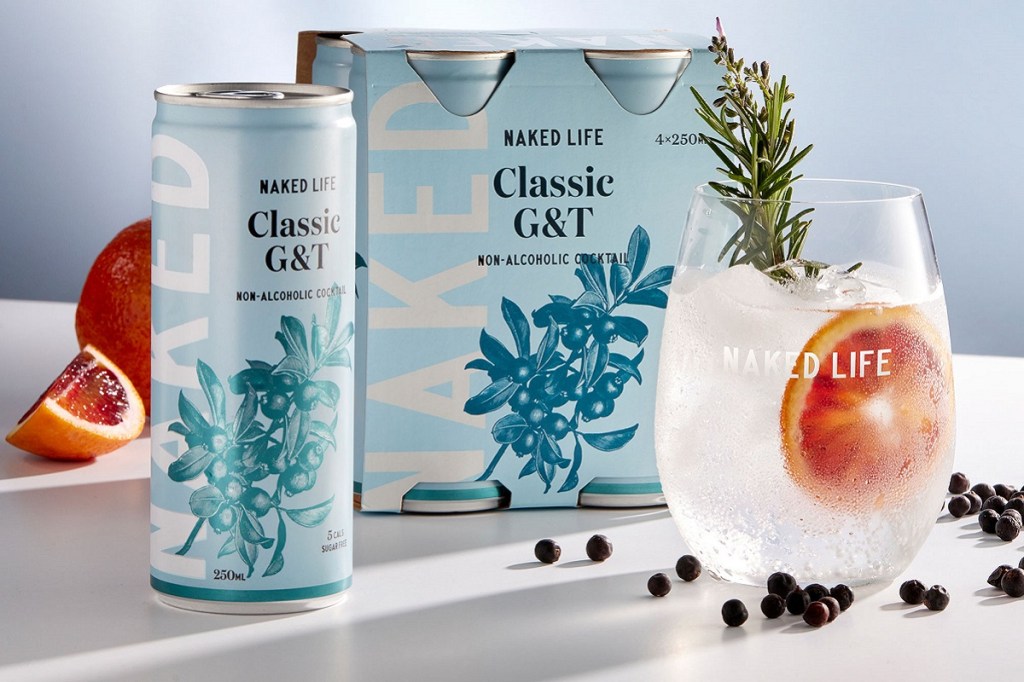The non-alcoholic beverages sector is continuing to gain traction with consumers, driven by a reduction in alcohol consumption and a move towards healthier lifestyles.
The category grew +2.9 per cent in 2020/21 according to the 2021 IWSR Drinks Market Analysis’ No- and Low-Alcohol Strategic Study. It’s an opportunity that petrol and convenience (P&C) retailers are increasingly taking notice of.
Theo Foukkare, CEO, AACS, told C&I that the sale of non-alcoholic beverages through P&C is gaining momentum.
“You only need to look at the explosion of non-alcoholic options now available in Dan Murphy’s, Coles Supermarkets, Woolworths, online sales direct to consumer, as well as a growing number of leading convenience stores and roadside retailers – especially in Sydney and Adelaide.
“Indicative sales performance of non-alcoholic beverages in convenience stores and roadside retailers have been very promising. I believe that bottled wine and the well-known local and international brand options in beer are what’s driving the sell through,” he said
Foukkare did however stress that the AACS believes that retailers should only be selling these products to consumers 18+.
OTR in South Australia has been at the forefront of the sale of building the category through P&C with fridge spaces dedicated to non-alcoholic products such as Naked Life.
David Andrew, Founder and CEO, Naked Life, told C&I that it’s an exciting time for non-alcoholic beverages through P&C, as the category presents the opportunity for brand new incremental sales with great margin.
“OTR were actually the first to range us and now we’re also launching into 300 United Petrol locations, so it’s pretty exciting,” he said.
Naked Life, famous for its sugar-free sodas and iced teas has just unveiled a new RTD range of non-alcoholic canned cocktails and amber spirit inspired mixed drinks. The new range, which has a record breaking 11 SKUs, comes as more and more Australians demand for healthier alternatives.
“OTR initially ranged the Naked Life RTDs as individual SKUs in the fridge, meanwhile United Petrol will be launching both in the fridge and ambient,” says Andrew.
“We see this as a structural shift in the way that Australians are going to consume beverages. It’s not often that you see a shift like this. I’d say that kombucha was the first really big shift in the last few years – and we think this is going to be a much bigger opportunity than that.”
Naked Life has also just released a range of Amber spirits including rum and Bourbon, and while these aren’t currently ranged through P&C, Andrews says they present a great opportunity for retailers.
“The RTD format is already aligned to the convenience channel but having said that, I do see that there is a market for our non-alcoholic spirits in convenience. It’s quite a high revenue item, so it really doesn’t need to do as many turns for the shelf space. Our standard non-alcoholic bottles will retail at about $39; the footprint of that bottle only needs to turn itself over once or twice a week to be earning its space,” he says.
“What we’re hearing from our quite visionary petrol and convenience customers – it’s almost a bit of a land grab – if they can redefine what this category looks like from a convenience way to buy it, it’s a great opportunity for them to mould the consumer and the way they are going to purchase from this category.
“Because the consumer is not going away. The category is going to keep growing as people continue to reduce their alcohol intake and change up their celebrator drinks. So, the next question is where people are going to buy them from, and it doesn’t have to be the bottle shop.
“This whole new incremental revenue line is up for grabs, and I think it’s up to the really smart players in convenience to say ‘this is available in our channel and we are the most convenient place to get it’.”
While the AACS supports the sale of non-alcoholic beverages through P&C, Foukkare says that the biggest opportunity still lies in the deregulation of packaged alcohol.
“Over the last six months, AACS has been busy working through the differing state legislation, developing our stakeholder engagement plans, liaising with various government representatives and have made a lot of progress in this space. We will share further information with members when we have some concrete information to share.”

